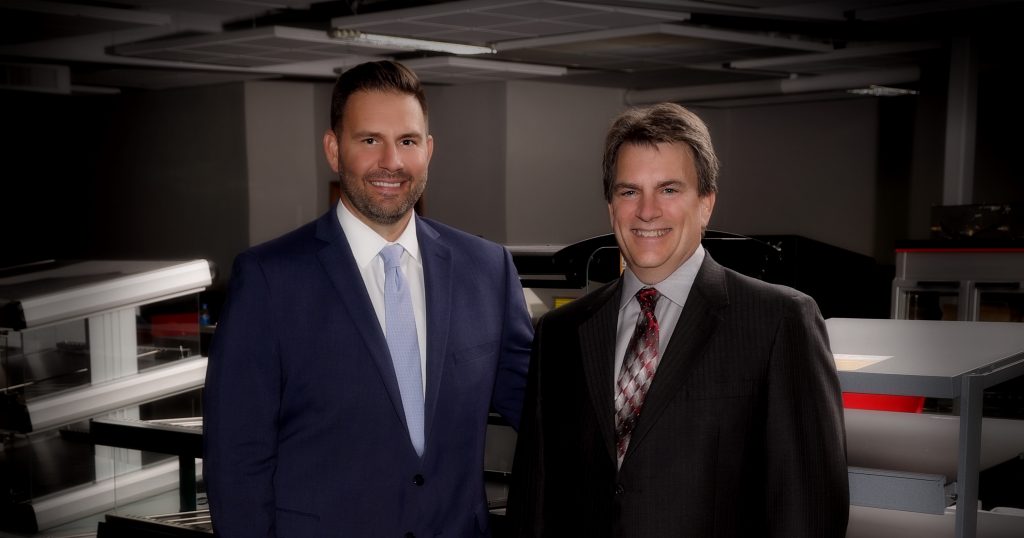
The constant change and variety within the foodservice sector is what I enjoy – the need to adapt to each individual client and their idiosyncrasies. My days are never predictable. I specialise in all foodservice consultancy design areas having undertaken projects for hotels, cafes, airport catering malls, B&I, schools, churches and hospitals.
As a child I always wanted to be a doctor. When I left school, I got a job in the design office of a stainless-steel manufacturer but, at that time, design training did not happen until I had spent six months on the shop floor followed by six months copying out their catalogue until my handwriting was of an acceptable standard (there was no CAD in those days).
I became a design consultant, after working for several equipment manufacturers and distributors, when I was offered a position at consultants Greene, Belfield-Smith, in London – one of the foremost foodservice consultancies at the time. I eventually became an associate partner and left following their merger with another consultancy.
Being originally from the manufacturing sector I did learn equipment production methods, but in this industry, a designer never stops learning.
I have been involved for 11 years, and been an integral part of the foodservice development, for a large brewery chain, providing and refining models, through initial concept, detail design and services requirements for each of the brands, relative to bed numbers and restaurant covers, on a regular basis during the company’s rapid expansion, seeing number of openings and the complexity of their various sites, both new build but especially conversions, extensions and renovations. This was undertaken for sites nationwide and when seasonal menu changes were implemented, across the brands. This further impacted on design and equipment selection.
As part of an exclusive hotel chain one of their hotels was experiencing increasing corporate and leisure popularity and therefore a development programme, increasing room numbers, a new conference building and kitchen extension was introduced and I was employed as foodservice design consultant to join the team of architects, interior designers and mechanical and engineering (M&E) consultants.
The initial concepts were produced, discussed with the client and chefs and the project team members and adjusted to suit. The detail design stage included several visits to their other sites and to manufacturers to confirm equipment details and requirements prior to the final sign-off. Full service details, including elevations were then produced prior to commencement on site. The project management of the installation and site meetings were also undertaken by me.
A new kitchen area was built that not only had to provide high-class service to the existing popular restaurant but also act as central production unit for the satellite conference kitchen and the client also required a ‘chef’s kitchen’ for selected diners to witness the operations within the whole kitchen area. The kitchen was designed to incorporate all these features, with separate service points, and included an elevated seating area with a chefs table for the experience of watching and the demonstration of the several types of cuisine being produced from preparation to customer service. The new kitchen was also constructed around a protected building and therefore the exterior finishes of this building needed to be incorporated, with special internal finishes, in line with local environmental health and government legislation all undertaken by me and the team.
A premier insurance underwriter in the City of London decided to relocate to new premises within the City that would combine all activities under ‘one roof’. I was contracted as design consultant, prior to the move, to report on the existing foodservice operations and advise the contract caterers on current equipment and service methods for their new accommodation. The new building was designed with foodservice outlets, including a self-service restaurant, a production kitchen, to support this and provide entertainment facilities, a brokers café service, a senior partner service and a storage and pre-preparation kitchen in the basement. We also advised on beverage points on all levels.
Concepts for all outlets were produced, discussed and adjusted to suit prior to full detail design stage, during which we visited related sites to review the latest equipment innovations, with the catering contractor’s executive chef, architect and interior designer to ensure complete compliance for the client. We then detailed all services requirements for every outlet including the provision of beverage stations and detailed refrigeration line sketches showing wall and floor penetrations and coordinated these with the M&E consultants. We had an overview on the installation with a project manager and attended site visits and confirmed site actions where conflicts, particularly on a project of this size, were inevitable.
The full installation was achieved, within budget, and I was recently involved in an upgrade to accommodate an increasing workforce with extensions to the kitchen and a revised self-service facility. The initial design included the introduction of an induction cook suite, remote central refrigeration plant and temperature monitoring systems all of which reduced the ambient air temperatures in all the foodservice facilities.
I am a professional member of FCSI, which I believe is the only independent body in the foodservice industry setting and maintaining standards. The challenges, if we ignore Brexit, are the increasing number of projects where ‘value engineering ’ is undertaken lowering quality and design intent, which ultimately affects our client’s satisfaction and ability to provide to the intended original brief.
I learn from my colleagues and the architects, interior designers and other trade consultants we work with to produce an efficient, working kitchen.
My advice to younger consultants who are starting out now is to work with an existing consultancy that has FCSI members, but gain as much experience as possible – with allied consultants and your ultimate end-users – the chefs and kitchen staff who will accept and prove your design to the satisfaction of their customers.
For relaxation I enjoy travelling, reading and Tai Chi.
Michael Jones




